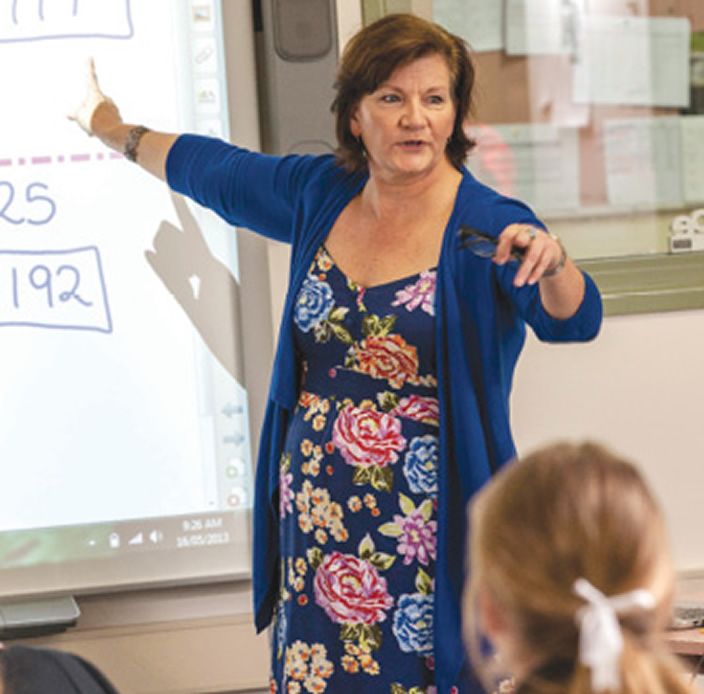
A new professional development program will equip Queensland teachers with the skills and knowledge to assist students to adopt responsible financial behaviours.
Knowing how to manage money is one of the most important and challenging features of everyday life. Students are growing up in a world where money is less visible, online shopping is prevalent, and access to credit is easier than ever. A new program called MoneySmart Teaching, run by the Queensland Department of Education and Training, is a comprehensive strategy to develop consumer and financial literacy capabilities in young people throughout their schooling.
The program consists of a fully funded one-hour professional learning session for current and pre-service teachers across Queensland schools to assist teachers with the skills and knowledge to assist students to adopt responsible financial behaviours.
Teachers who complete the training will be introduced to MoneySmart Teaching resources aligned to the Australian Curriculum (P-10); be better equipped with the tools and confidence to engage students on consumer and financial literacy issues through the ‘financial health for teachers’ resources; and contribute to a generation of young people who demonstrate responsible consumer and financial literacy behaviour characterised by informed decision making. Workshop participants also learn about the benefits of becoming a MoneySmart school.
The program has been embraced by King’s Christian College on the Gold Coast, which has been recognised as a MoneySmart school. Head of Business Department Jason Knight said the school has had a long-term commitment to developing the financial and consumer literacy of their students in order to set them up to lead successful adult lives, by developing and implementing a variety of in-house programs.
“The program gives us the opportunity to formalise this work, through being recognised as a MoneySmart School and implementing a nationally recognised framework. By being a MoneySmart School we have access to a wide range of Australian Curriculum aligned units (plus the accompanying resources), as well as indexed databases of various supplementary resources to incorporate into our teaching units,” he said.
Jason said the program also gave the opportunity for staff to undertake professional development to ensure they stayed at the forefront of current thinking in this area.
“This professional development provided two streams. The first level provided teachers from departments who are not explicitly involved in ‘teaching financial literacy,’ a general overview of the need and strategies for including financial literacy education in their teaching, with staff commenting that it opened their minds to possibilities in subtly embedding financial literacy messages into their lessons.
“The second level, tailored to teachers directly involved in delivering explicit financial literacy education, provides a fantastic formalisation of thinking around the ‘why’ and ‘how’ of teaching financial literacy.”
Senior Events Coordinator at St Andrew’s Anglican College in Peregian Springs, Amy Nieuwenhuis, recently completed the training program. Amy said the school believes that no matter what students want to be or do, the principles of commerce and financial literacy will affect their daily lives and it is essential that students are confident in their financial decisions and transactions.
“The program has been a great addition to our commerce faculty resources. In 2014, we hosted a combined session for business teachers in the area and were provided with a variety of hands-on lesson plans and materials that we have since adapted to our existing courses and student cohorts. For schools who are introducing the economics and business curriculum or looking to provide students with essential real-world skills, the ready-made units and lesson plans are easy to embed in maths, English and sciences or are a great starting point for business and commerce subjects,” she said.
MoneySmart Teaching sessions are planned across Queensland schools in remote and regional areas. For more information contact Robyn Bergmansons robyn.bergmansons@dete.qld.gov.au



































































































































